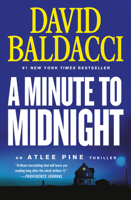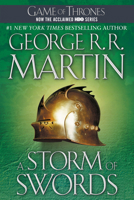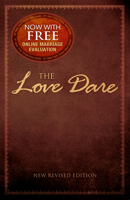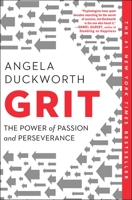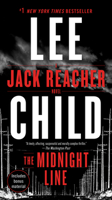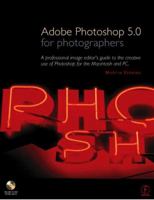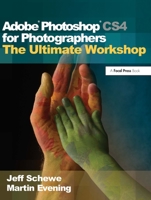Adobe Photoshop Cs5 for Photographers: The Ultimate Workshop
Select Format
Select Condition 
You Might Also Enjoy
Book Overview
If you already have a good knowledge of Adobe Photoshop and are looking to advance your skills, Adobe Photoshop CS5 for Photographers: The Ultimate Workshop is the book you've been waiting for. Renowned photographers Martin Evening and Jeff Schewe impart their Photoshop tips and workflow, showing you how to use a vast array of rarely seen advanced Photoshop techniques. Whether the subject is serious retouching work, weird and wonderful compositions, or planning a shoot before you've even picked up a camera, you can be sure that the advice is based on years of practical experience.Full of inspirational photographs and hundreds of full-color screenshots to show you how it's done, this book features: -Advice on becoming a retouching master with advanced masking and compositing techniques-A detailed workflow for preparing your images for the best possible output, showing you how to meet both deadline and budge without sacrificing quality-26 movie tutorials on the downloadable resources, offering over 3 hours of movie contentThe ideal companion to Photoshop CS5 for Photographers, this is a must-have resource for any serious user of Adobe Photoshop. This description may be from another edition of this product.
Format:Paperback
Language:English
ISBN:0240814835
ISBN13:9780240814834
Release Date:October 2010
Publisher:Routledge
Length:498 Pages
Weight:2.80 lbs.
Dimensions:9.7" x 1.1" x 7.4"
More by Martin Evening
Customer Reviews
7 customer ratings | 4 reviews
There are currently no reviews. Be the first to review this work.



















